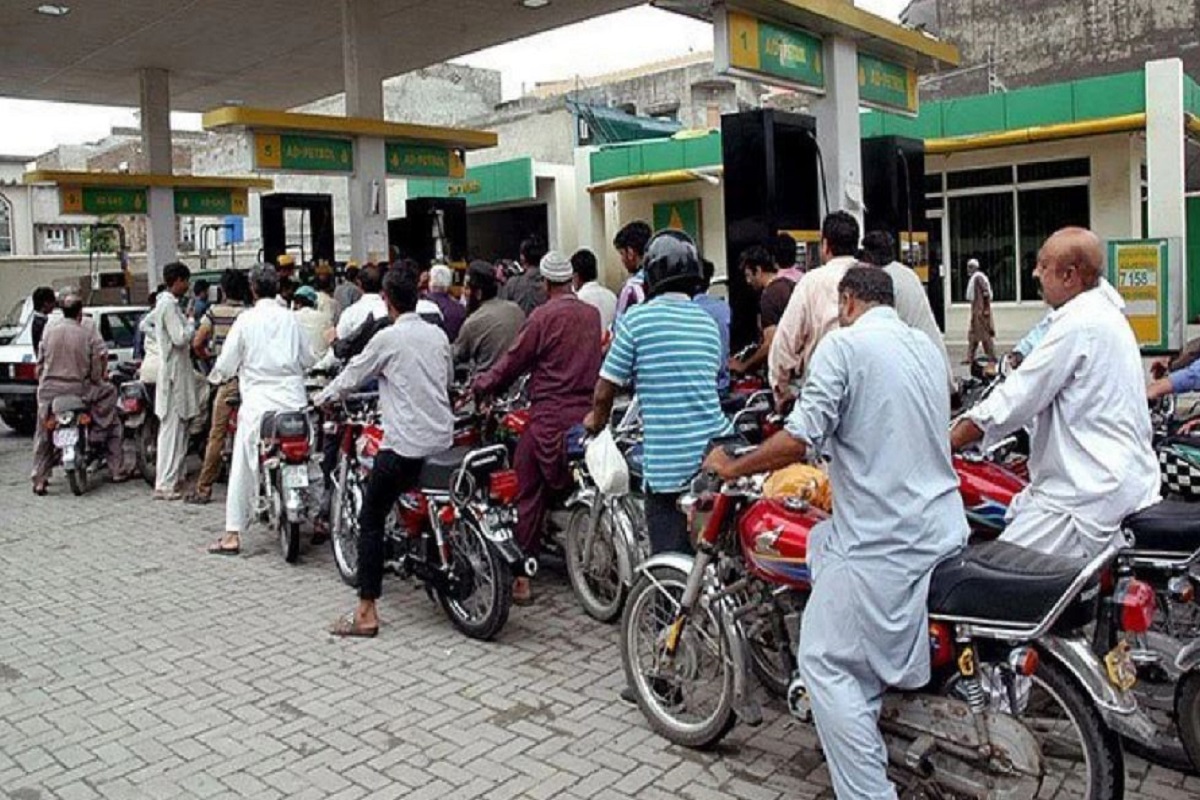ISLAMABAD: Petrol stations in Pakistan will remain closed on July 5 due to a strike announced by dealers in response to the “unfair” tax measures introduced in the recent 2024-25 budget.
The Pakistan Petroleum Dealers Association confirmed the strike after failing to reach an agreement with the government.
Following discussions with government officials, the dealers declared the strike, resulting in petrol pumps nationwide closing from 6 am on July 5.
A central leader of the association stated that the new taxes imposed by the government are making it increasingly difficult to run petrol pump businesses.
“They asked us to call off the strike and promised to resolve the issue, but we cannot postpone the strike on mere assurances,” PPDA chairman Abdul Sami Khan told media.
He explained that he had met nearly every government stakeholder, including unnamed individuals, as well as the finance minister, the Federal Board of Revenue chairman, the Oil and Gas Regulatory Authority chief, the petroleum secretary, and representatives from the oil marketing companies’ advisory council, yet the dealers’ concerns remained unaddressed.
“There will be no further talks with the government until the ‘unfair’ turnover tax is withdrawn,” Mr. Khan said, adding that petrol pumps would start running out of fuel on Thursday. He described the double taxation as not only cruel but also unconstitutional.
Mr. Khan stated that over 13,000 petrol stations would close from 6 am on July 5, and the strike could continue for several days unless their demands were met and officially communicated. He urged retail outlet owners and operators to reserve their stocks for July 4.
Meanwhile, the petroleum division established a monitoring cell to oversee fuel supply and coordinate with stakeholders during the strike. Representatives from oil marketing companies, OGRA, and the petroleum division appointed focal persons to join the monitoring cell.
The petroleum division also issued letters to OMCs to “ensure availability of sufficient stocks of petroleum products” at company-owned, company-operated, and other associated sites to prevent supply chain disruptions and inconvenience to the public and industry.
The dealers are protesting the imposition of a turnover tax in the recent budget. They argue that outlets already pay an advance fixed withholding tax of Rs1.4 per litre (about 12% of dealer commission) as final income tax and are now subjected to double taxation with the 0.5% advance turnover tax due to a definitional issue of ‘dealers and distributors.’
The FBR chairman had assured the dealers on Tuesday that the turnover tax would be withdrawn, but this involves a lengthy process. As the petroleum secretary explained, the turnover tax was imposed through the Finance Act 2024-25, passed by parliament and endorsed by the president. Reversing it requires a legislative process.

















